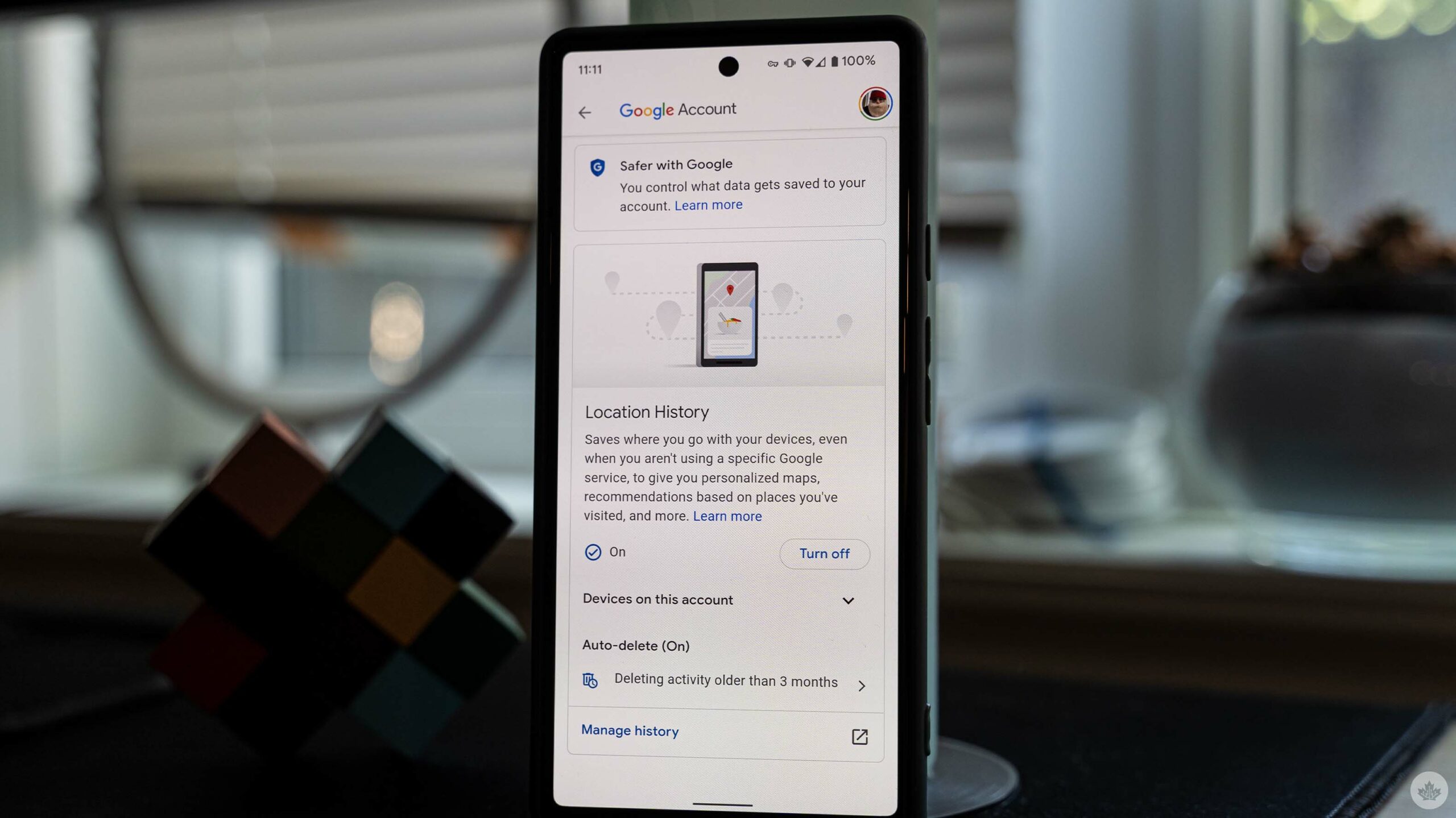
Google detailed plans to automatically delete visits to abortion clinics, domestic violence shelters, weight loss clinics, fertility centres, and other sensitive locations from its ‘Location History’ in the “coming weeks.”
Location History, for those unfamiliar, is a Google system that tracks where people go to offer personalized maps, recommendations, real-time traffic updates and other benefits. In a blog post, Google explained that it’s adjusting Location History to delete visits to sensitive locations “soon after” the system detects someone visited such a location.
Along with the Location History change, Google also detailed that an update will come to the Fitbit app to allow people to delete multiple menstruation logs at once.
Although Google doesn’t explicitly say it in the blog post, it’s worth noting the change comes after the U.S. Supreme Court overturned Roe v. Wade and several states outlawed abortion. The new anti-abortion laws have raised concerns about data privacy, such as with menstrual tracking apps. The Verge has an excellent breakdown of the privacy risks and how law enforcement could gather people’s data to prosecute those who seek abortion care.
Google’s privacy update seems like a step to help protect users from some of these concerns. However, it’s worth remembering that the company gathers much, much more data than what it details in this blog. Along with Location History, Google has search data, YouTube history, and more. Google says it will push back on law enforcement requests to access this data, especially with “demands that are overly broad or otherwise legally objectionable.” Moreover, the company plans to notify users when it gives their data to the government unless it’s been ordered not to or there is another pressing security concern.
Of course, as The Verge points out, it may be better for people to avoid letting Google have this data to begin with. You can follow steps to disable Location History entirely here, and when it comes to search history, make sure to at least sign out of Google (or perhaps don’t use Google at all).
MobileSyrup may earn a commission from purchases made via our links, which helps fund the journalism we provide free on our website. These links do not influence our editorial content. Support us here.


